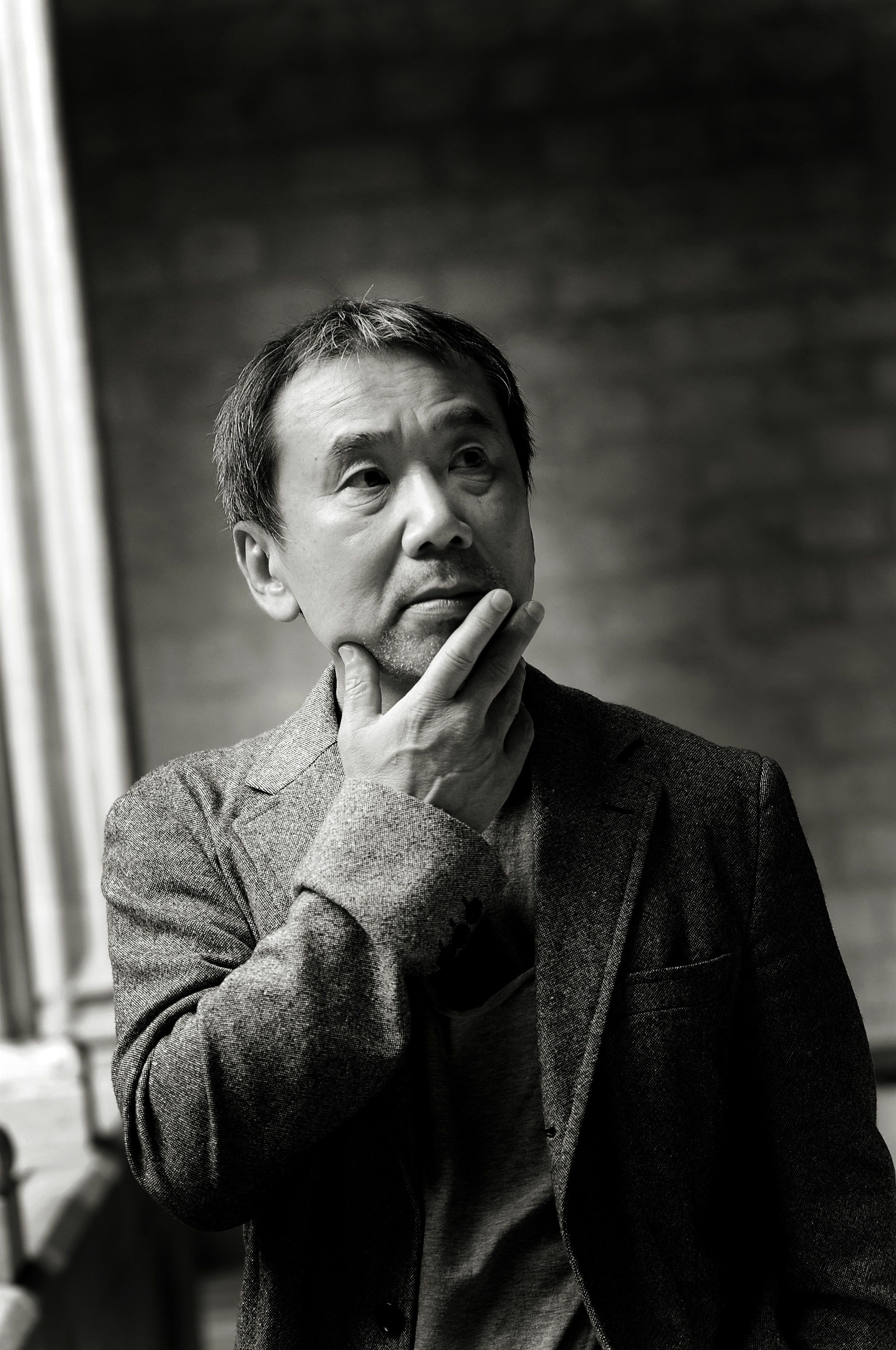Articles.

Reimagining the Great American Novel with Demon Copperhead by Barbara Kingsolver
The re-imagination of the Great American Novel…

A good idea, a bad execution - The Emissary by Yoko Tawada
Good questions, bad answers, the book.


A short wonderful book; Bonsai by Alejandro Zambra
A tale to remember about human connections…

In conversation with Lolita - My Dark Vanessa by Kate Elizabeth Russell
A response to Dolores Haze story…

The Minotaur is depressed and smokes - Steven Sherril
A heartbreaking story of true loneliness…

The Virgin Suicides was incredible - Jeffrey Eugenides
Everyone’s favourite depressive girls…

The phoniest book is considered a classic? The Catcher in the Rye - JD Salinger
Phoney book and annoying book…

The Most Beautiful book you will ever read, Open water - Caleb Azumah Nelson
The writing, the story and the message, beautiful…


Why Klara and the Sun is so wonderful - Kazuo Ishiguro
A robot and a little girl’s friendship…

The long Wind-up Bird Chronicle by Murakami
The infamous Wind-up Bird Chronicle by Murakami has many mixed feelings but I believe it to be a masterpiece.

I am shocked at how confused Conversation with Friends left me - Sally Rooney
The debut novel by Sally Rooney might not be the best but what really shines is the complexity of its characters.

Normal People is meant for normal people - Sally Rooney
I think the title of this book says it all. If you read this book the characters will stay with you for ever!

First Person Singular, another confusing mesmerising book by Murakami.
Eight short stories, Haruki Murakami, beautiful cover, what could go wrong?

The terrifying judges of right and wrong by Yukio Mishima
Disturbing, terrifying and disgusting but equally glorious and elegant. This book has changed the view I used to have of how literature had to be. I have once again fallen again with a new Japanese writer.

The Homeless Japanese ghost by Miri Yu
If I had to recommend a book to start with Japanese literature, I would recommend this book. It is a great introduction that shows all the wonders of this type of literature…

Yoko Ogawa’s Beautiful talent - The Housekeeper and the Professor
This book has changed my life in a matter of days. I still have the image of Root, a little kid being entertained by the intelligent words of the professor stuck in my mind. This book has touched my heart and the heart of many others…

The Hypnotic Prophesy by Murakami - Kafka on the Shore
This novel was an addiction since the moment I started it. I had never been so bewitched by a novel before that I had to stop reading and think about what I had just read. Not because I didn’t understand but because I could not believe the twists and turns this novel kept taking…